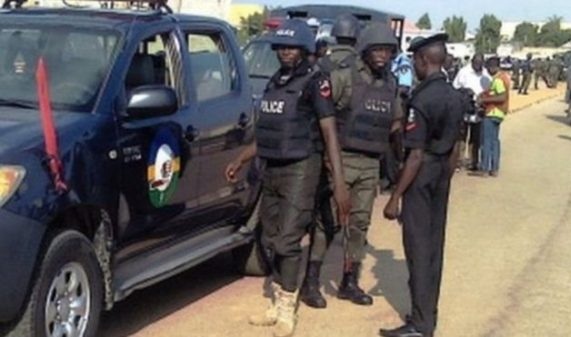Taraba Police Command has confirmed that 25 persons were killed and several others injured in a bloody clash between Shomo and Jole ethnic groups in Lau Local Government Area of Taraba.
Speaking in a telephone interview with the News Agency of Nigeria (NAN) in Jalingo on Tuesday, the Police Public Relations Officer (PPRO), DSP David Misal, said that about 100 houses were burnt down during the clash which took place in the area on Monday.
Although the police spokesperson could not immediately ascertain the cause of the conflict, reliable sources from the area said that disagreement over the ownership of some ancestral fish ponds was the cause of the problem between the two fishing communities.
The police also confirmed that the conflict had since become an annual occurrence between the Shomo and Jole fishing communities.
“The Commissioner of Police, Mr Ahmed Azare, has stationed patrol teams on the ground already and the situation has been brought under control,” he said.
The News Agency of Nigeria (NAN) reports that conflicts between Shomo and Jole had been lingering for decades over claims and counterclaims of ownership of the disputed fish ponds.
At a point, the government had to ban fishing activities in the disputed ponds for a period of 10 years but the communities resumed conflicts as soon as the ban was lifted at the return of democracy in 1999.




 Premier League
Premier League